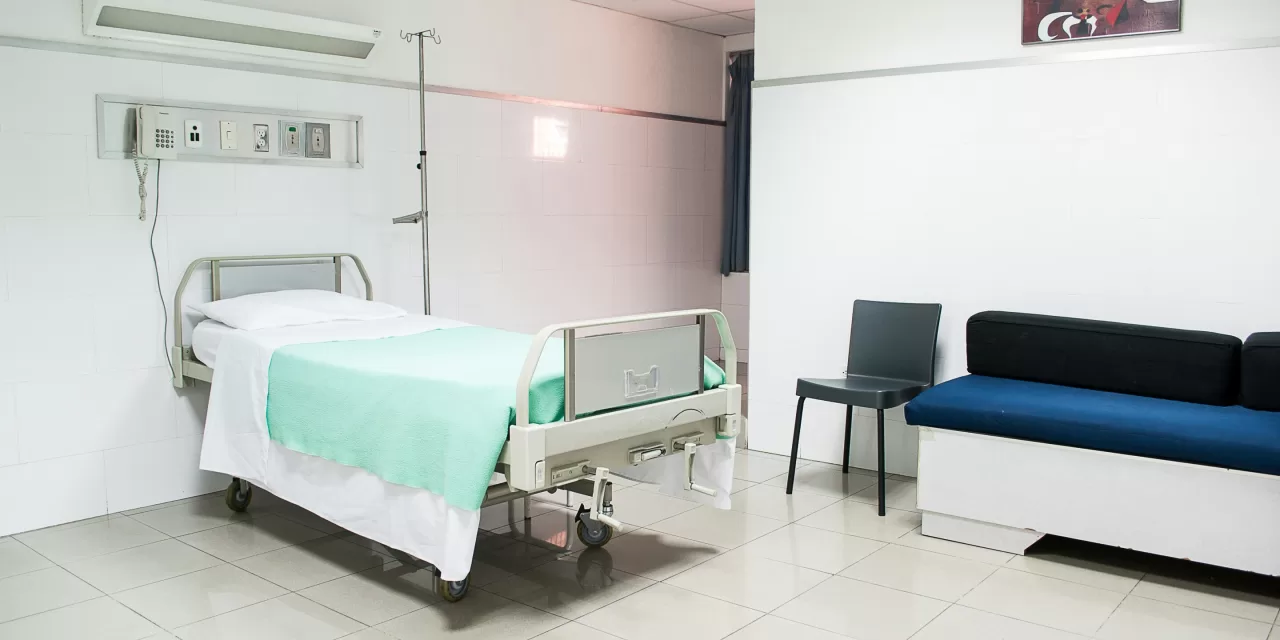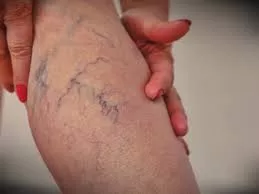In a bid to position Rajasthan as a leading destination for medical tourism, the state government is poised to launch the ‘Heal in Rajasthan’ policy. This initiative, confirmed by officials on Saturday, is designed to capitalize on the state’s burgeoning healthcare infrastructure and unique wellness offerings.
The draft policy, meticulously crafted by the Medical and Health Department, was the focal point of detailed discussions held on Saturday. The meeting, chaired by Additional Chief Secretary of the Health Department, Shubhra Singh, brought together key stakeholders from various sectors to refine the policy, ensuring it aligns with the state’s ambitions in medical tourism. The final version of the policy is expected to be released soon, incorporating valuable suggestions from the meeting.
Shubhra Singh emphasized the government’s commitment to transforming Rajasthan’s healthcare landscape, highlighting the substantial allocation of 8.26 percent of the state budget to the health sector—the highest in the state’s history. “Rajasthan is ushering in a new era in medicine. This year’s budget reflects our top priority on health, as we continue to rapidly develop world-class medical infrastructure across the state,” Singh stated.
Under the ‘Heal in Rajasthan’ policy, the state is set to become a hub for both allopathic and AYUSH (Ayurveda, Yoga, Unani, Siddha, and Homeopathy) treatments, with a focus on holistic wellness. Key initiatives include the construction of the Ayushman Tower at Sawai Mansingh Hospital, the establishment of two Medicities and Marwar Medical University, the creation of medical and nursing colleges in every district, and the promotion of telemedicine services. The policy also aims to attract high-class private medical institutions to the state, further bolstering Rajasthan’s appeal as a medical tourism destination.
A notable aspect of the policy is the planned portability under the Chief Minister Ayushman Arogya Yojana, which will allow patients from other states to seek treatment in Rajasthan. This move is expected to significantly enhance the state’s medical tourism prospects by offering quality healthcare services at reasonable rates.
Experts present at the meeting provided several key recommendations to further strengthen Rajasthan’s position in medical tourism. These included developing high-level healthcare facilities not only in the capital but also across other districts, improving road and air connectivity, expanding opportunities in medical education, and ensuring adequate housing facilities for patients and their families. Additionally, they stressed the importance of creating an investment-friendly environment to encourage the growth of private-sector medical institutions.
Vikas Swarnkar, Chairperson of Mahatma Gandhi University of Medical Sciences, praised the inclusive approach taken in drafting the policy, which he believes will effectively promote medical tourism. Similarly, Ranjan Thakur, Director of Manipal Hospital, lauded the Medical Department’s efforts to craft a robust policy that addresses the needs of the sector.
Rajneesh Sharma, State President of the Indian Medical Association, underscored the effectiveness of Rajasthan’s health policies, noting that they are already setting benchmarks for other states to follow.
With the ‘Heal in Rajasthan’ policy, the state government aims to not only boost medical tourism but also stimulate related industries such as pharmaceuticals and hospitality. As Rajasthan prepares to open its doors to global health seekers, the desert state is poised to become a beacon of hope and healing in the region.












